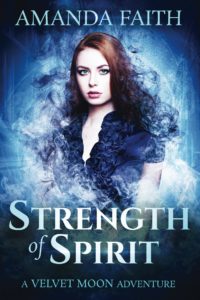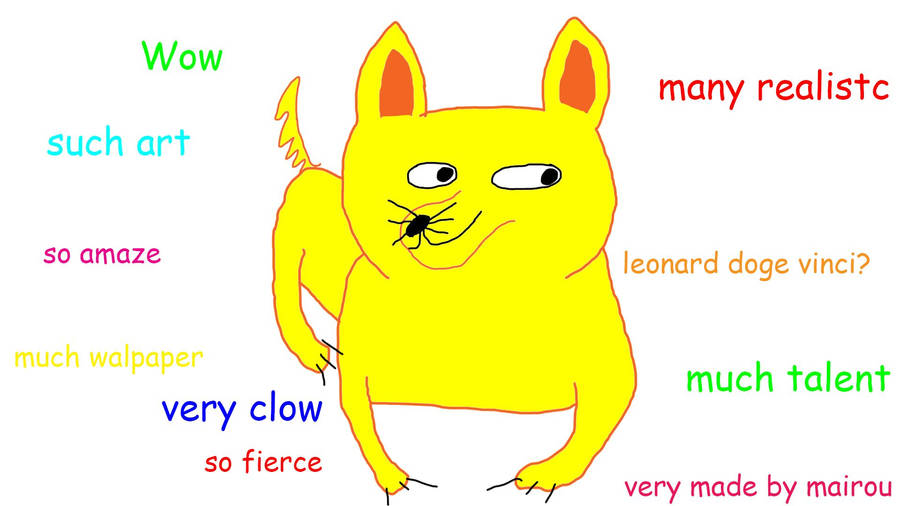Writing is a tricky business. An author has to have just enough of various elements to keep a reader engaged in a story. Characters, as well as plot and setting, has to be believable enough that the reader becomes a part of the adventure they are experiencing. Nothing should be all good or all bad. Having darkness in your story makes for intriguing reading, if done correctly.
People generally have a habit of thinking something dark is horror. Not necessarily so. It could be darkness within a person. It could be a darkness that follows someone. The setting could be a dark place as in the struggles a town is facing and the good people trying to overcome their circumstances. Maybe Big Brother is watching or the character is invited to the Dark Side. Any of these elements make a story have a dark tendency.
Relatable characters make them believable. Plots that have ups and downs will be more entertaining. Nothing is perfect nor should it be. That would lead to a rather dull story. Adding a little darkness (or a lot of darkness) does instill fear and suspense. There are a few things to keep in mind when adding dark elements to your story.
- You have to keep your audience in mind. If you are writing YA, then you do not want your dark elements so gruesome and disturbing it scares off your readers (and upset parents). If you are writing for adults, you may want to make sure there is an indication on the back cover as to how “dark” your tale is.
- Does the darkness fit the genre? Although this one does tie in with the first one, there is a distinction. If you are writing horror, then great. Go for it. What about a dark mystery? Do you have your hard-boiled detective set in that urban underworld city with crime and moral ambiguity? How about the gothic dark fiction? You should have that sense of decay and ruin sprinkled with a touch of persecution. Action thriller? It’s that race against the clock that keeps the reader glued to the pages with of all of the twists and turns. With all of the various sub-genres, the writer needs to keep with the fiction of choice.
- World building. This is a very important element. Depending on your story, you will have to make sure that your world fits your problem. It adds the dark tone of the story with all of the history and atmosphere you put in place. Getting the world right sets the mood, making the story more believable.
- Don’t make a character too good or too bad. Remember, your audience has to be able to relate to this character. The reader needs to care about the characters. You want that emotional investment to keep your readers engaged. A bad guy can have a redeeming quality or two. The good guy will have some faults. Too perfect, either way, will lose a reader quickly.
- Have a clean (or nearly clean) resolution. Sure, the bad guy will lose, but we really don’t want to give up hope for him. Maybe he will realize how bad he is and seek some sort of redemption in the end. He may not become “good.” He may, however, become better than he was. The good guy may lose some of his luster, but given his circumstances in the tale, he was not to come out of it totally unscathed.
- Some of the best dark elements are not blood and guts. Sometimes the best dark tales are naked of all ickyness and gore. It can be done. Look at ghost stories, for example. It’s difficult to have a ghost be eviscerated – again.
- Good is only good as compared next to evil. You have to have the bad to see the good – and back again.
Adding darkness to the mixture will add depth to your tale and make it seem realistic. There is no perfect world. There are no perfect people. The only perfect thing is to have a reader get lost in your world for a short time.
Award-winning author Amanda Faith may have been raised in Dayton, but her heart and home is in the South. With a lifelong love of teaching and writing, she had plenty of encouragement from teachers and friends along the way.
Teaching English and doing paranormal investigations doesn’t slow her down from having a great time with a plethora of hobbies. Her published credits include short stories, poetry, several journal articles, her doctoral dissertation, and her award-winning book Strength of Spirit. She is a staff writer for The Daily Dragon at Dragon Con and an intern for Kevin J. Anderson and Rebecca Moesta at WordFire Press. She has a Bachelor of Arts in English, a Masters in Education-English, and a Doctorate in Education-Teacher Leadership. Check out her website at www.amandafaith.net.



 See, Jacob went for the most gruesome splatter-based horror story he could. It was the sort of story you’d expect from a tenth-grader, badly written and dripping in gore. At one point a series of people got taken out by a snowplow. Amongst all our friends, it was generally agreed that Jacob had produced a work of pure genius, to rival those of Poe himself. He got a C-.
See, Jacob went for the most gruesome splatter-based horror story he could. It was the sort of story you’d expect from a tenth-grader, badly written and dripping in gore. At one point a series of people got taken out by a snowplow. Amongst all our friends, it was generally agreed that Jacob had produced a work of pure genius, to rival those of Poe himself. He got a C-. was by it, and then how terrible it was. Those two extreme reactions are interesting and paradoxical enough that they form the core of my thinking about writing dark. And they’re the reason I rarely do it.
was by it, and then how terrible it was. Those two extreme reactions are interesting and paradoxical enough that they form the core of my thinking about writing dark. And they’re the reason I rarely do it. Let’s take this to cinema for a second. You know why nobody liked
Let’s take this to cinema for a second. You know why nobody liked  Your characters still need to be well-rounded. They still have to have real emotions, still have to think and be motivated realistically. If you have a villain–even one whose goal it is to go about gruesomely murdering people, then that villain needs to have reasons for what he or she is doing. Arguably one of the best horror villains written is Hannibal Lecter, and he’s not great because of his victims. He’s great because his murders stand out in stark contrast to his erudite intellectualism. He’s terrifying because we like him.
Your characters still need to be well-rounded. They still have to have real emotions, still have to think and be motivated realistically. If you have a villain–even one whose goal it is to go about gruesomely murdering people, then that villain needs to have reasons for what he or she is doing. Arguably one of the best horror villains written is Hannibal Lecter, and he’s not great because of his victims. He’s great because his murders stand out in stark contrast to his erudite intellectualism. He’s terrifying because we like him.
